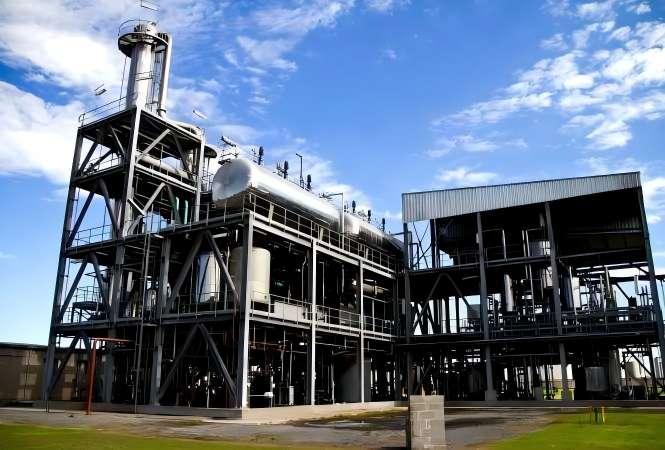Business Opportunities & Economics of Waste Oil Recycling Plants

For entrepreneurs and industrial investors seeking sustainable, profitable ventures, the establishment of a waste oil recycling plant presents a compelling business case. The underlying value proposition is clear: used oils, whether from motor vehicles or industrial equipment, are generated in large volumes and often represent a disposal cost or environmental liability. By transforming that waste stream into marketable products like diesel fuel, marine fuel or base oil, a recycling plant captures value that would otherwise be lost or cost money to manage.
According to the referenced manufacturer, a waste oil recycling plant can process feedstocks including waste motor oil (engine, transmission, crankcase) and industrial lubricants (gear oil, hydraulic, transformer, compressor, turbine). The fact that lubrication properties persist in used oil suggests a high potential yield of usable outputs. From a cost perspective, the feedstock may be obtained at little or even negative cost (i.e., the generator pays for removal) giving the plant an advantageous input cost base. Because the recycling process avoids some of the full hydrotreating steps of traditional refining, capital and operational cost may be lower than a full refinery operation.
Furthermore, the business model can be diversified: a plant may offer services such as waste oil collection, pretreatment, recycling, and sale of outputs. It can also branch into related services such as base oil solvent extraction, lube oil blending, and other refining‐adjacent activities (all of which the manufacturer advertises). The flexibility to produce either diesel/marine fuel or base oil broadens market opportunities.
An investor must however analyze important economic factors:
• Daily processing capacity (feedstock volume) – the manufacturer’s inquiry form asks for this.
• Desired products and market demand (diesel, base oil)
• Quality standards required by customers – the form requests specification/standards.
• Budget and capital investment – also requested in the form.
• Operating cost: energy, maintenance, labor, emissions control.
• Revenue stream: sale of final product(s).
• Regulatory compliance and environmental cost.
Risk mitigation is also key: feedstock supply consistency, product market price fluctuations, environmental regulation changes, and competition. But overall, with rising global demand for recycling and sustainable fuels, the business case for a waste oil recycling plant is strong. Entities that position themselves early with proper engineering (as offered by the manufacturer) can capture both environmental branding and financial returns. In sum, the waste oil recycling plant sector offers an opportunistic combination of waste management, resource recovery and fuel/refined product production — truly aligning ecology and economy.
- Art
- Causes
- Crafts
- Dance
- Drinks
- Film
- Fitness
- Food
- Oyunlar
- Gardening
- Health
- Home
- Literature
- Music
- Networking
- Other
- Party
- Religion
- Shopping
- Sports
- Theater
- Wellness



